Community Service Concentrates On Improvement
Community Service reform will give students more access to projects.
September 4, 2014
Members of the Key and Anchor Clubs have always been leaders in Country Day’s community service community, but as the launch of the Community Service board ushers in a new era in MCDS service, opportunities are opening for all students.
Community service is changing at Country Day. Unfulfilled hours will no longer rollover to the next school year; instead, students who haven’t completed their service requirement will not be able to receive awards, run for office, attend school, or (if applicable) graduate without completing the minimum of 25 hours. All hours from previous years must be completed by April 30. These new rules were intended to make community service hours a more immediate concern to students. Said Mrs. Sennett, “It’s a little bit more severe, now, than just getting a few extra hours.”
The current five areas of service include Animals (rescue shelters, ASPCA), Youth Services (Breakthrough Miami, Best Buddies), Health Services (Holtz Children’s Hospital Prom, Operation Smile), Environment (canal clean ups, Fairchild Challenge), and Adult Services (Amnesty International, Camillus House). Originally there was a sixth concentration — advocacy — but it was decided that it had too much overlap with the other categories. Each student must complete at least fifteen hours within their concentration and ten hours in any concentration.
The ‘concentration’ system has advantages for students. Colleges look for leadership roles because they show a passion for what the student is participating in — and having all or most of your service focused in one area gives the same impression. It also allows students who enjoy participating in bake sales and product drives but not direct service the ability to use their passions for all of their hours instead of constricting limits. Students who hope to earn a Service Pin at graduation will have an easier time keeping track of their hours with new, grade-specific Google Doc spreadsheets.
The new system is the brainchild of Upper School guidance counselor Dr. Vogel and community service director Mrs. Sennett. They started thinking of instituting a new system in March of last year. “We decided we were going to combine instead of divide our efforts. Key Club and Anchor Club both had to pay huge amounts of money for their charters. They had to pay dues, and what do those dues do for us? Nothing.” said Mrs. Sennett. “So, we’re all focused on many different things, but with the common goal of service. And now that we’re not dividing and conquering, or asking the student body to choose between two different clubs, we can be more successful.”
The new system also gives more opportunities to students who weren’t a part of Anchor or Key Club. Any student interested in starting or spreading the word about a community service project can ask the community service board for help.
The current board members are Madison Bolton (Adult Services), Elizabeth Finney (Animals), Alessandra Settineri (Youth Services, Marni Weiss (Youth Services), Claudia Sequera (Health Services), Ryan MacDonell (Health Services), Shalini Chandar (Environment), and Zach Gettis (Environment). They were selected by Dr. Vogel and Mrs. Sennett due to their service in the Key and Anchor Clubs, but the board will be open for applications in January to allow the graduating seniors to train the rising senior board members. Unlike most club leadership positions, the board will give preference to applicants who are currently juniors.
Students will select their area of concentration on Friday, September 5, but they will be allowed to change their area if they fill out a form and are approved by the board. What concentration will you choose?


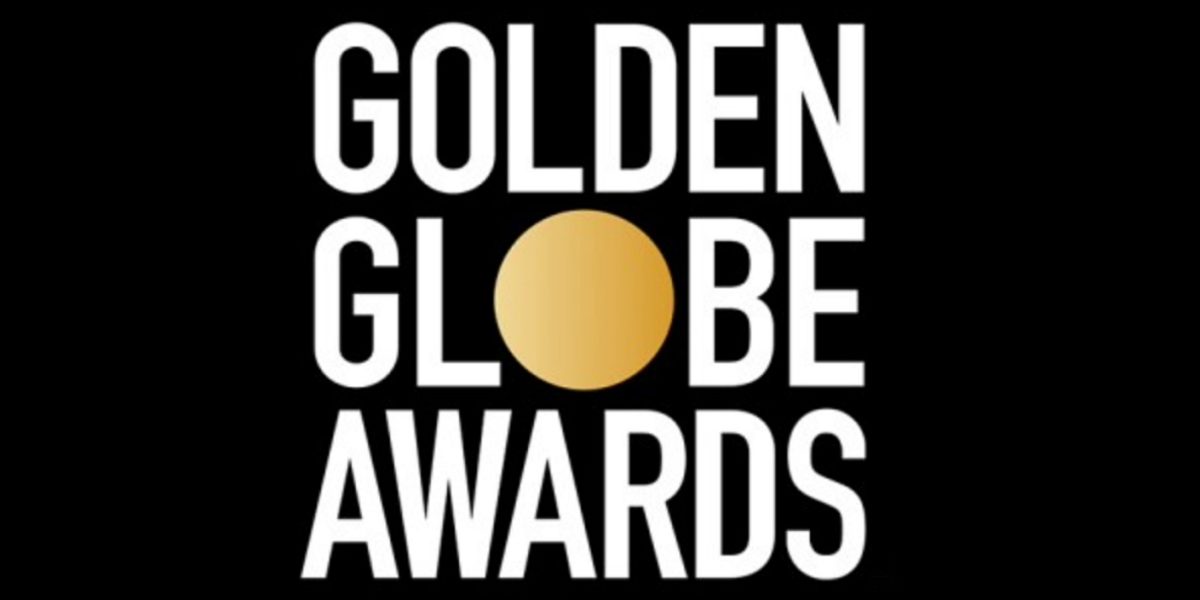
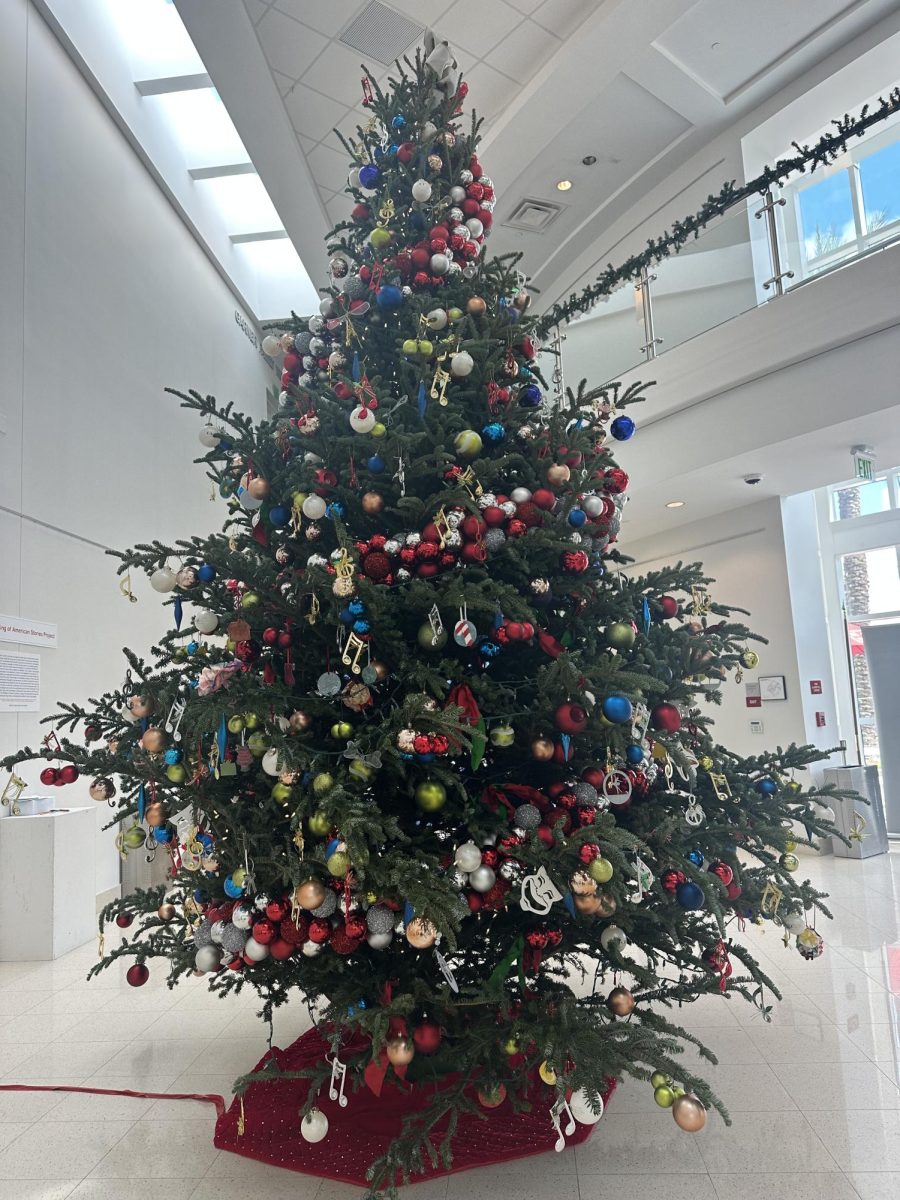

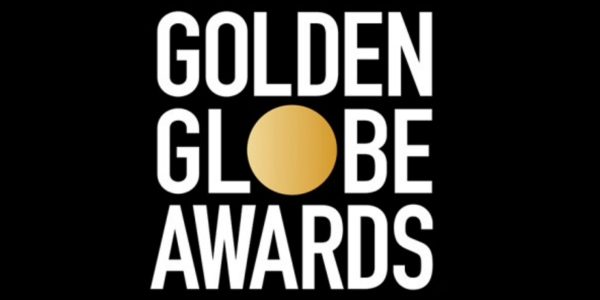
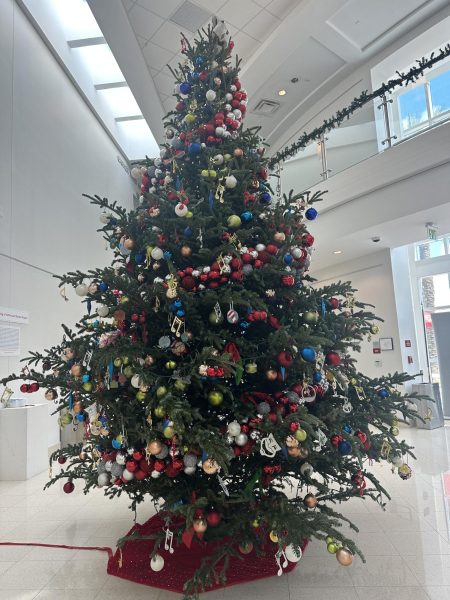

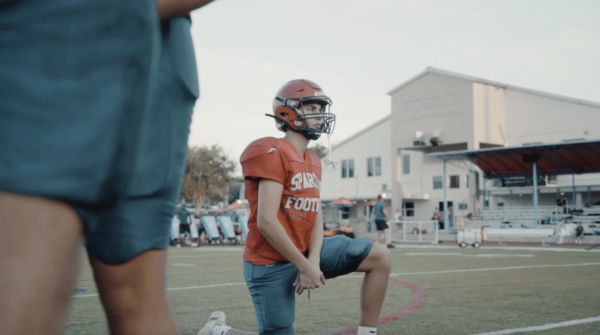
JJ Hickson • Sep 4, 2014 at 9:51 pm
I totally agree with the new way community service will be ran! What a great way to get more involved.